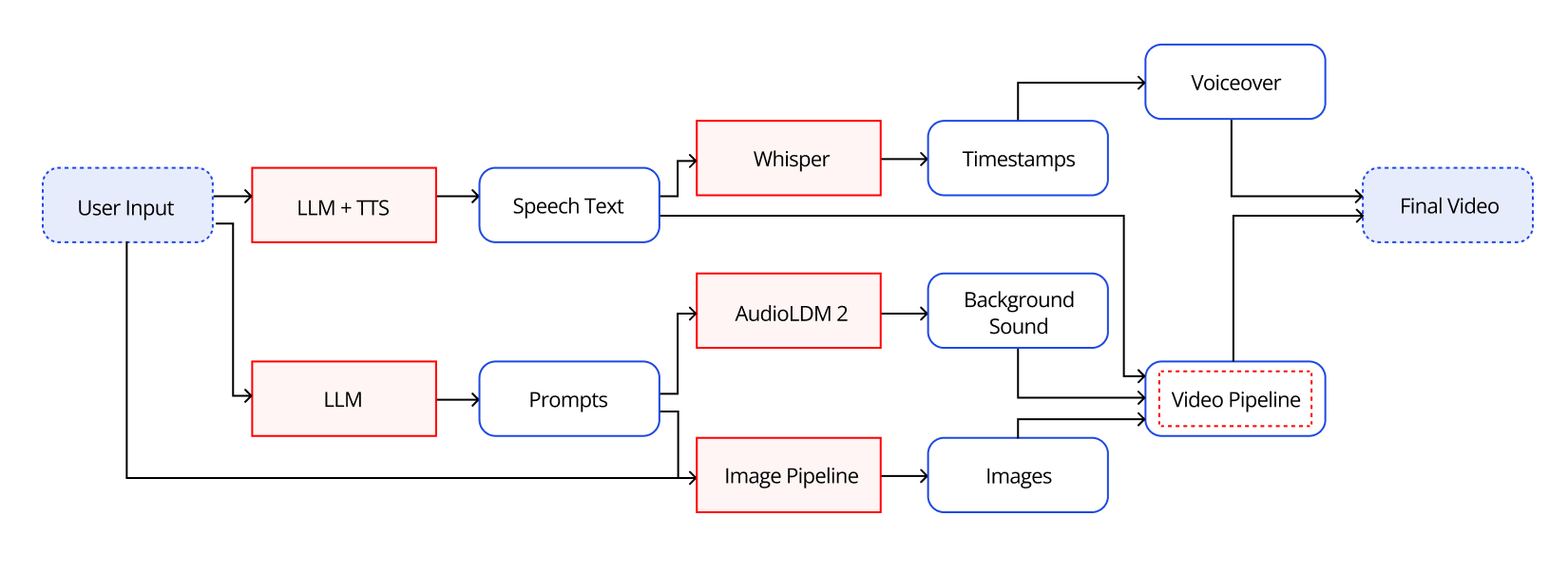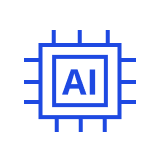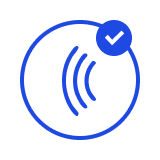Creating high-quality videos that maintain brand consistency without breaking the bank is a challenge for many businesses, whether in real estate, healthcare, retail, or media. Traditional video production can be expensive and time-consuming, while generic AI-generated videos often lack realism and engagement.
AI video generator solutions address these challenges by automating video creation, upscaling, and enhancement, making it easier to create compelling content. Whether it's AI-generated marketing videos, virtual staging AI in real estate, or automated video creation for ecommerce, this approach offers a balance between quality, cost, and control.
Key industry use cases and impact
AI-generated videos are cost-effective, scalable content solutions. Organizations that use AI for video creation streamline production, improve audience engagement, and enable rapid adaptation to trends and consumer preferences. This is useful in a variety of industries, including:

Real Estate: One of the most compelling applications of video generation is in AI real estate marketing. Static property images fail to capture the emotional appeal of a home, making engagement challenging.
AI automates real estate video creation with:

Virtual staging AI: diffusion models populate empty rooms with realistic furniture.

AI‑generated people: virtual actors bring properties to life, creating a sense of daily living.

Seamless scene transitions: establish consistency across video segments for a smooth experience.

Branding and narration: AI video voiceovers and overlays ensure a professional, cohesive presentation.
By automating video generation, real estate firms can increase engagement, reduce marketing costs, and offer personalized virtual tours at scale.

Healthcare: The healthcare industry faces unique challenges when producing marketing content. Generic AI video generators struggle with domain-specific visuals, making them unsuitable for medical promotions. AI addresses this by:

Fine‑tuning open‑source video‑generation models on proprietary medical datasets (e.g., paramedics, life‑saving procedures).

Ensuring realism in AI‑generated video sequences for better engagement.

Integrating voice narration tailored for healthcare messaging.
By customizing AI video models, healthcare providers can create authentic, compelling content while keeping costs low.

Retail & Media: Leveraging AI to produce personalized product‑marketing videos efficiently. SoftServe’s AI‑powered video adaptation tools enable businesses to:

Remove competitor logos for marketplace compliance.

Customize branding in existing footage—change settings or inpaint new products while preserving frame stability.

Adapt content for global markets with multilingual AI video creation.
This level of customization ensures that brands maintain visual consistency across platforms, improving the impact of their video marketing strategies.
Develop an AI video generation pipeline
SoftServe’s AI-driven video generation system transforms static content into dynamic, engaging videos by following a structured process. The pipeline adapts to different industries while ensuring consistency, realism, and clarity. The iterative process is:
Step 1. Collect and structure content
The system gathers and organizes relevant data, ensuring a seamless workflow for AI-powered video generation, including:
- AI images to video conversion (product photos, property images, or medical visuals)
- AI script to video processing (key features, specifications, marketing highlights)
- Selling points and branding elements (logos, taglines, and calls to action) that are organized to ensure a logical flow in the final video.
Step 2. Enhance visuals and create realistic environments
To improve presentation quality, the system enhances visuals using:
- AI image-to-video transformation to create engaging animations and object and scene recognition to categorize images correctly (e.g., identifying products, medical equipment, or room types).
- Virtual staging and enhancement to add relevant elements (e.g., furniture in empty rooms, realistic product placements, or contextual medical visuals).
- Scene analysis to ensure proper object placement, maintaining a natural and authentic look.
- AI upscale video techniques to improve resolution and clarity.
- Environmental consistency across different scenes to preserve the same appearance of branding, characters, and setting while generating separate short clips to combine in one longer video.
Step 3: Generate narration and background audio
A well-structured voiceover makes videos more engaging and informative. The system:
- Extracts key details from the descriptions.
- Generates a natural-sounding narration aligned with the visuals.
- Synchronizes the voiceover with animations and transitions.
- Adds background music and generates avatars and subtitles for a polished, professional feel.
Step 4: Producing the final video output
All elements — images, animations, narration, and branding — are compiled into a structured, ready-to-use video, ensuring:
- Smooth scene transitions for a seamless viewing experience.
- Clear, professional narration that enhances engagement.
- Optimized length and format to match platform-specific requirements (social media, websites, or marketing campaigns).
The result is a high-quality, customizable video tailored to the specific needs of your business.

From models to agents: Orchestrating the full video creation pipeline
There is a growing number of specialized AI models used for video production — from video diffusion and image upscaling to voice synthesis, subtitle generation, and narration writing. While each model serves a critical function, true value emerges when these components are orchestrated together into an autonomous pipeline. That’s where the agentic approach comes in.
By leveraging an LLM as the core decision-maker, SoftServe coordinates each stage of the video generation process — from asset ingestion to narration alignment and video rendering — with minimal human intervention. This creates a fully automated, high-quality content generation workflow designed around user intent.
Here’s what this looks like in practice:

An LLM‑driven agent dynamically selects and prompts the right models at each step.

Narration, subtitles, and visuals are generated and synced automatically

Audio and visual quality are optimized based on the target platform and audience

Final output is assembled into a polished, branded video—ready for immediate use
This pipeline is already in active production, delivering high-quality, cost-efficient (at just $2 per clip) video generation across marketing and sales workflows, with minimal human input required.
Challenges and the future of AI video generators
AI-generated video is transforming marketing, advertising, and digital content creation, offering businesses a new way to create visually compelling, cost-effective media. However, the challenge lies in advancing video quality to native 4K, which demands significant computational power, while also preserving branding and product integrity in videos altered by AI models. Additionally, there is a need to balance cost, scalability, and flexibility when choosing between closed-source and open-source models.
Future advancements are focused on:

Native high‑resolution video generation.

Evolving inpainting tools for precise branding.

Enhancing model efficiency to make AI video generation more accessible and cost‑effective.
Businesses need AI-driven customization features to adhere to brand guidelines, particularly in advertising, retail, and ecommerce, while exploring hybrid approaches for content creation.
SoftServe’s AI solutions offer flexible, high-performing video generation pipelines that help businesses adapt AI technology to their industry-specific needs.
Contact us today to learn how to empower your business with AI video generation solutions that prioritize quality, customization, and efficiency.
